Politics and Government
Régine Karlin-Orfinger
Régine Karlin’s resistance activities would alone have warranted esteem and recognition, but she did not desist from further work. Totally bilingual in French and Dutch and even polyglot, since she was also proficient in both English and Russian, she had a brilliant career as a lawyer, characterized by her militant and unwavering support of causes that she considered just.
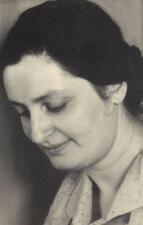
Hannah Karminski
During the mid-1920s and the 1930s in Germany, Hannah Karminski served as secretary of the League of Jewish Women and, from 1924 to 1938, as editor of its newsletter. After the forced liquidation of the League in 1938, Karminski remained in Germany and continued her work in the Reich Association of Jews in Germany, assisting with the kindertransports and welfare. She was deported to Auschwitz and murdered in 1942.
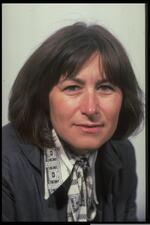
Yehudit Karp
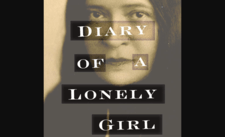
Miriam Karpilove
Miriam Karpilove was a pioneer among women writers of Yiddish fiction. She produced scores of works of short fiction and many novels about the roles of women in immigrant Jewish culture, most of which were serialized in the American Yiddish press during the first half of the twentieth century.
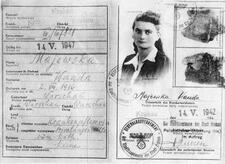
Kashariyot (Couriers) in the Jewish Resistance During the Holocaust
Kashariyot were young women who traveled on illegal missions for the Jewish resistance in German-occupied Eastern Europe during the Holocaust. They smuggled goods, news, and other Jews in and out of the ghettos of Poland, Lithuania, and parts of Russia. While those who fought the Germans within the ghettos are often most celebrated for their heroism, kashariyot were essential in the survival of Jews within ghettos.
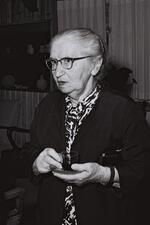
Rahel Katznelson
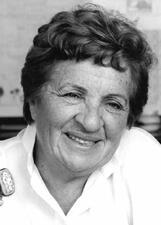
Shulamith Katznelson
Shulamith Katznelson helped make Israel a home for a wider range of people as both a pioneer of Hebrew-immersion programs and an advocate for Israeli-Palestinian dialogue.
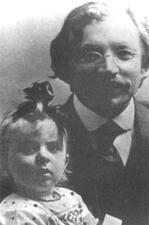
Bel Kaufman
Bel Kaufman was the author of Up the Down Staircase, a novel that gently parodied the public school system in New York City. Published in 1964, the book went on to sell six million copies, spent 64 weeks on the best-seller list, and inspired a film adaptation in 1967 and a popular school play. She was also the granddaughter of Yiddish writer Sholem Aleichem, whose stories formed the musical Fiddler on the Roof.
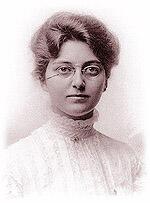
Rhoda Kaufman
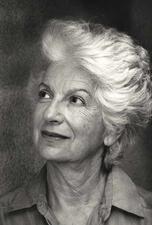
Shirley Kaufman
Shirley Kaufman’s poetry deals with family relationships, personal identity, aging and death, violence, and the meaning of Jewish fate. Moving to Israel later in life, she worked on many translations of Hebrew poetry and was noted for her series of poems about the suffering of women in the Bible, set in modern Israel.
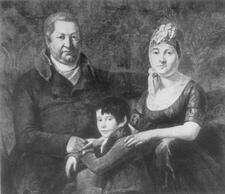
Chaile Raphael Kaulla
Chaile Raphael Kaulla was the most influential Jewish woman entrepreneur and one of the last Court Jews in eighteenth-century Germany. A devout Jew, Kaulla supported both Jewish and Christian poor people, founded a hostel for Jewish travelers, and in 1803 donated a bet midrash, library, and funding for three rabbis to her town of Hechingen. The Austrian Emperor honored Kaulla in 1807 and she and her family were allowed to live in Stuttgart with rights equal to those of Christian citizens.
Lillian Kasindorf Kavey
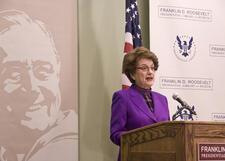
Judith S. Kaye
Judith S. Kaye was the first woman to serve as chief judge of the state of New York and chief judge of the Court of Appeals of the state of New York.
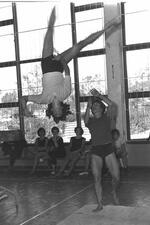
Agnes Keleti
In 1944, when the Germans invaded Hungary, gymnast Agnes Keleti bought fake identification papers and carried the bodies of the dead to mass graves during the battle of Budapest. After the war, she returned to gymnastics; her career highlight was the 1956 Olympics, where 35-year-old Keleti won many medals, including four gold for uneven parallel bars, balance beam, floor exercise and combined exercise-team.
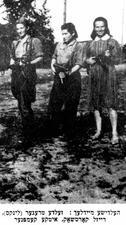
Vitka Kempner-Kovner
Vita Kempner-Kovner was a heroic fighter on the front lines of the underground resistance to the Nazis.
Lillian Ruth Kessler
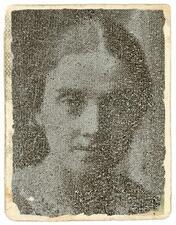
Helene Khatskels
As a member of the General Jewish Workers’ Bund, Helene Khatskels fought to realize socialist ideals about autonomy and liberation. As a Yiddish teacher and writer in Tsarist Russia and later the Soviet Union, she demonstrated a commitment to spreading and inspiring pride in Yiddish culture.
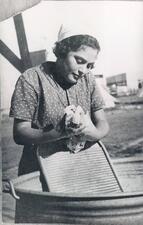
Kibbutz
Although the kibbutz was intended as an equalitarian, democratic utopia, attempts to achieve gender equality have been limited by traditional masculinities and male-controlled spheres and gender inequalities have persisted.
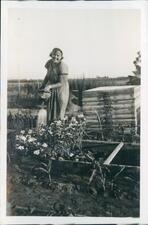
Kibbutz Ha-Dati Movement (1929-1948)
Beginning in 1929, the religious kibbutz (Kibbutz Ha-Dati) movement represented the confluence of progressive ideals of equality and collectivism and traditional customs of Judaism. As a result, women in the movement lived at a crossroads.
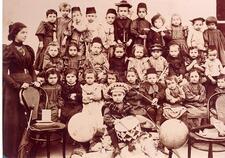
Kindergartens in Palestine: First and Second Aliyah (1882-1914)
Hebrew-language education of the youngest Jewish residents of Palestine was considered key to the continued success of the Zionist movement. The women who taught in these kindergartens, established during the First and Second Aliyah, demonstrated their dedication to the movement and became essential to its success.
Carol Weiss King
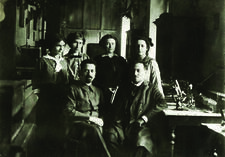
Cecilia Klaften
Cecylia Klaften, a pedagogue and a civic activist from Lvov (Galicia/Eastern Lesser Poland), implemented social reform projects and especially promoted the founding of vocational schools for women in interwar Poland. In the 1920s she was one of the founders of the Jewish Women’s Association and the WIZO Jewish Women’s Organization for Pro-Palestinian Work in Lvov. In the 1930s she was politically active for Lvov’s City Council.
Ida Klaus
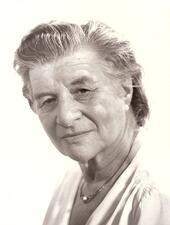
Margot Klausner
Margot Klausner was co-founder and president of Israel’s major film and television studio and co-manager of the Habima Theater. She was an author, film producer, founder of the Israeli Parapsychology Society, publisher of the monthly magazine Mysterious Worlds: A Journal of Parapsychology, and a popular public speaker on theater, film, and the occult in Israel.
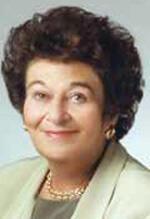
Gerda Weissmann Klein
Holocaust survivor Gerda Weissmann Klein has used her experiences to educate countless people through her books, television appearances, and motivational speaking. Among numerous other awards for her work, Klein was appointed to the United States Holocaust Commission by President Clinton in 1997, and in 2011 she was awarded the Presidential Medal of Freedom by President Obama.


